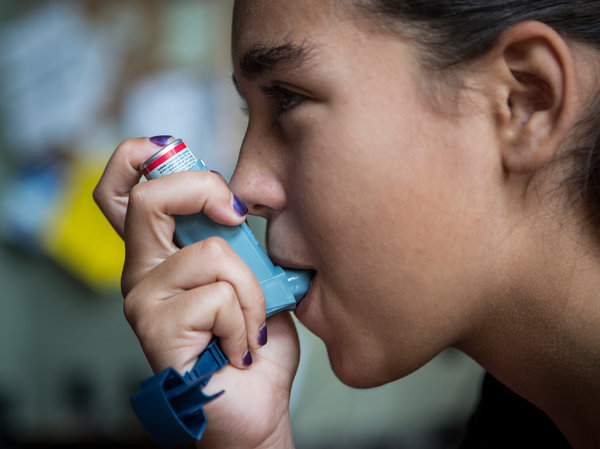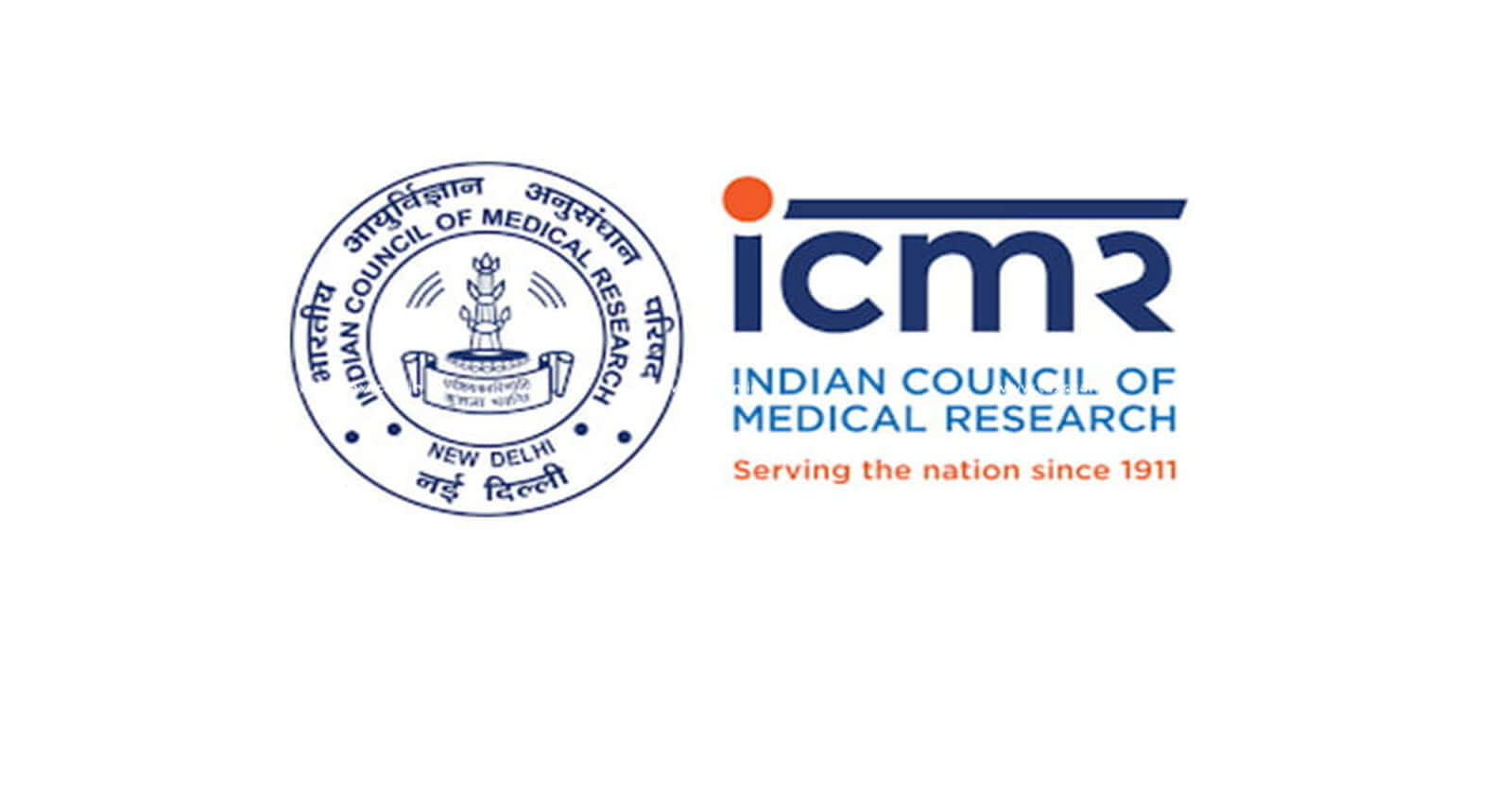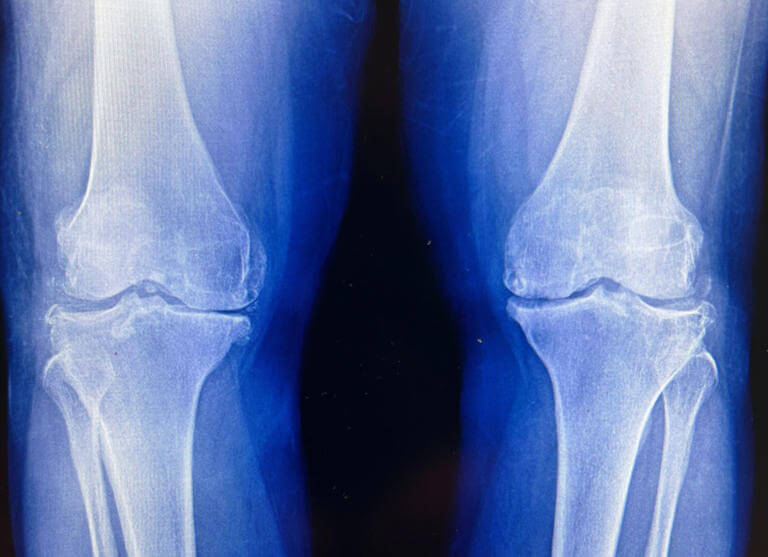Asthma Patients Skipping Doses Owing to High Cost
Sun 16 Jun 2019, 14:45:33

Out-of-pocket costs are preventing many people from taking vital asthma medication, says a new study, calling for urgent interventions to promote discussions between patients and doctors about the cost of medicines to treat asthma.
The most ordinarily recommended preventer medications for asthma contain breathed in corticosteroids (ICS) which, whenever taken normally, decrease the seriousness of the ailment and the quantity of asthma-related passings, said the researchers.According to reports, in any event one in each 10 asthma patient all inclusive lives in India and the monetary expenses related with asthma surpass those of TB and HIV/AIDS joined.
To reach this conclusion, researchers led by The George Institute for Global Health and the Woolcock Institute of Medical Research at UNSW Sydney, surveyed 1,400 people with asthma in Australia and found that half of the adults and one-third of the children in the study were either decreasing or skipping doses of asthma medicines to make them last longer.
"We know that preventer inhalers can be incredibly effective at controlling
symptoms and preventing people from being hospitalised or even from dying of asthma, yet our study has found that out-of-pocket costs are preventing many from accessing medicines which can be life-saving," said senior research fellow Tracey-Lea Laba of The George Institute.
symptoms and preventing people from being hospitalised or even from dying of asthma, yet our study has found that out-of-pocket costs are preventing many from accessing medicines which can be life-saving," said senior research fellow Tracey-Lea Laba of The George Institute.
The study found that young male adults were the most likely to under-use asthma treatments.
This was compounded by doctors being largely unaware that out-of-pocket costs were a significant concern for many of their patients, or that some preventers had lower out-of-pocket costs for patients than others.
As indicated by individual investigation creator Professor Helen Reddel of the Woolcock Institute at UNSW Sydney, asthma is a long haul malady and one where individuals truly need to monitor the aggravation by taking a protection medicine and not simply depending on transient manifestation alleviation from a blue inhaler.
"We need specialists to converse with their patients to push that this Band-Aid approach does not work, and can leave them hospitalized or much more dreadful thus," said Reddel.
No Comments For This Post, Be first to write a Comment.
Most viewed from Health
AIMIM News
Latest Urdu News
Most Viewed
May 26, 2020
Can Lionel Messi's visit boost Indian football?
Latest Videos View All
Like Us
Home
About Us
Advertise With Us
All Polls
Epaper Archives
Privacy Policy
Contact Us
Download Etemaad App
© 2026 Etemaad Daily News, All Rights Reserved.

























.jpg)
.jpg)
.jpg)


